Fritz Zurbrügg, member of the Governing Board
Investment policy
In July, the euro fell to its lowest level in eight years on a trade-weighted basis. Thanks to the interventions of central banks and despite the fiscal cliff, the VIX remains at low levels. For monetary data see above.
Since the beginning of the year, FX reserves have increased by 167 bn. CHF to 425 bn. CHF until the end of November, as a direct consequence of the minimum rate. Security, liquidity and return are the main principles of the investment strategy. 83% is invested in government bonds, 5% in other bonds and 12% in foreign stocks. The central bank holds stocks for 50 bn francs. As for its investments, it first decides which markets should be covered and then rebuilds the market indices.
The SNB has absolutely no interest in causing market distortions. It is able to deposit currency at other central banks for a certain period, before they invest the funds. This was done for example, when big flows went into the franc in Spring 2012.
Libor
80% of Swiss banks use the Libor for prices. There was no manipulation on the Swiss Libor. Even if the FSA is going to remove certain currencies and maturities, the important one for the SNB, the 3 month CHF Libor, will remain.
Discussion
Q (Blick): “Some banks go more risks when giving mortgages? What are your means of reducing these risks together with the Finma?”
Danthine: “We have seen that risk taking has not diminished a lot. However, these banks are not taking excessive risks.”
Q (FAZ): “The warnings against risks on the real estate market has become a standard part of the SNB press conferences. You possess the anti-cyclical capital buffer, but you do not react to the rising real estate prices. What must still happen till you activate the capital buffer? And which measures do you take into account?”
Danthine: “We would like to do a soft landing for the real estate sector. The question of the countercyclical buffer is a question of timing. Economic developments have to be taken into account.
The measures are: loan to value and loan to income, bank by bank.”
Q (FAZ): “Please give more details about the extension of your investment strategy to new currencies.”
Zurbrügg: “In 2010 we added already three new currencies [remark AUD, SGD, DKK]. Most recently it was the Korean Wong. Since we cannot hedge against an appreciation of the franc, we try to diversify our risks into different other currencies.”
[Remark: Given that the SNB had huge (preliminary) losses in October and November, the following is a funny question:]
Q (Basler Zeitung): “Extrapolating the good results in Q1 to Q3, you might end up with maybe 20 bn. CHF profit. Please give details about a potential distribution of these profits.”
Jordan: “We have an agreement with confederation that as long as reserve for distribution is positive, we distribute one billion francs. If the profit is higher than 10 bn francs, then a discussion with the confederation and cantons, might give a higher distribution. However, financial markets are very volatile, so the profit is ensured only on December 31st. Moreover, the SNB regularly increases its loss provisions.”
Q (Basler Zeitung): “After the June stabilization report, you said that there would be a different type of communication, especially after the story of Credit Suisse [weakening of Credit Suisse stocks before and after the press conference of June].”
Danthine: “We have not taken any decision yet. The risk of the pre-communication to journalists has been underestimated.”
Q (Bloomberg): “The announcements of Credit Suisse and UBS to demand negative interest rates for some clients has considerably weekend the franc. Doesn’t this show that these kinds of measures effectively work?”
Jordan: “We have said clearly that we are not excluding any measures that can help us enforce our policy. It is understandable that banks try to reduce their balance sheets and this helps to weaken the franc, which is economically well founded.”
Q (German television ARD): “A provocative question: How do you calculate the inflation? In Germany the real price drivers like energy are excluded. Improvements in products further slow official inflation, but consumers do not really realize this.”
Jordan: “Inflation is established by the Swiss Bureau of Statistics. Our inflation measure is mainly the headline inflation. There are no manipulations. Since years we have price stability, most recently even negative inflation.”
Q (Tagesanzeiger): “Has the SNB influenced Credit Suisse and UBS to introduce negative interest rates? What do you think about the banks’ move?”
Jordan: “You understand that we cannot give information about communication between the SNB and the big banks. The high liquidity in the market and costs on the high amounts of deposits are a possible reason.”
Are you the author? Previous post See more for Next postTags: Jordan,Monetary Policy,negative interest,Swiss National Bank,Switzerland,Thomas Jordan



















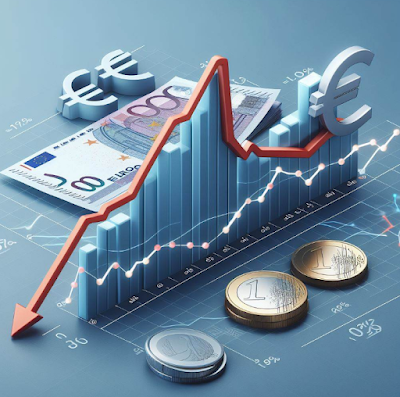




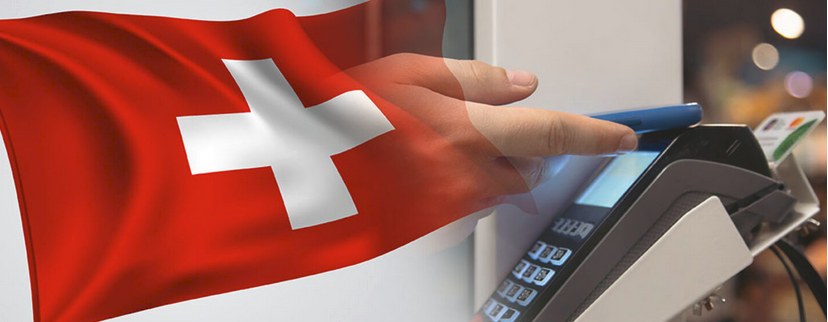
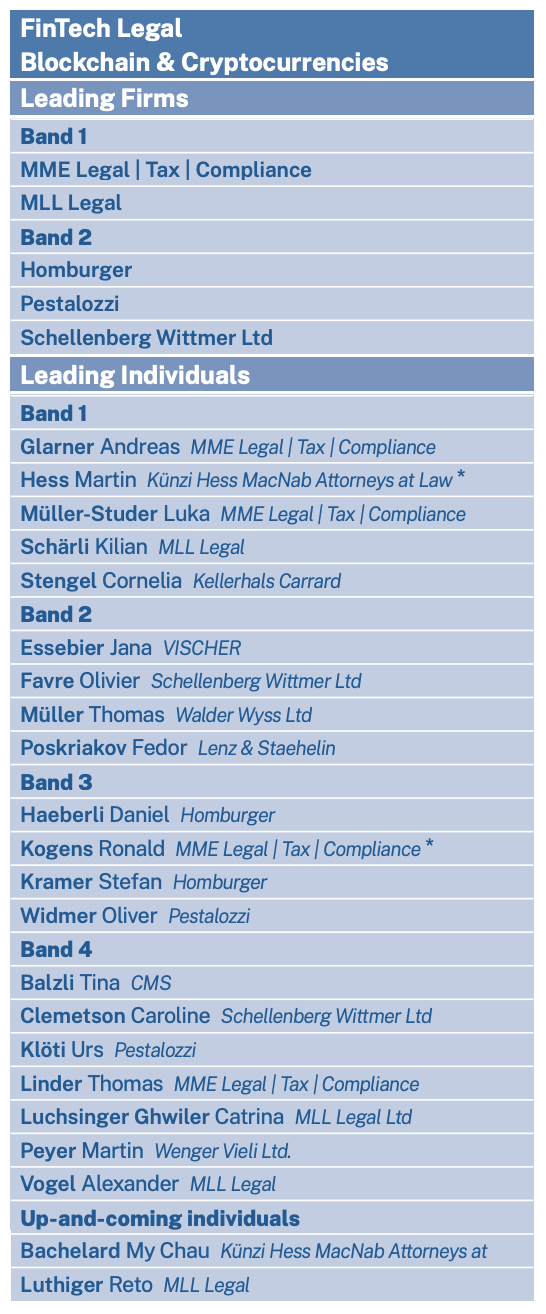

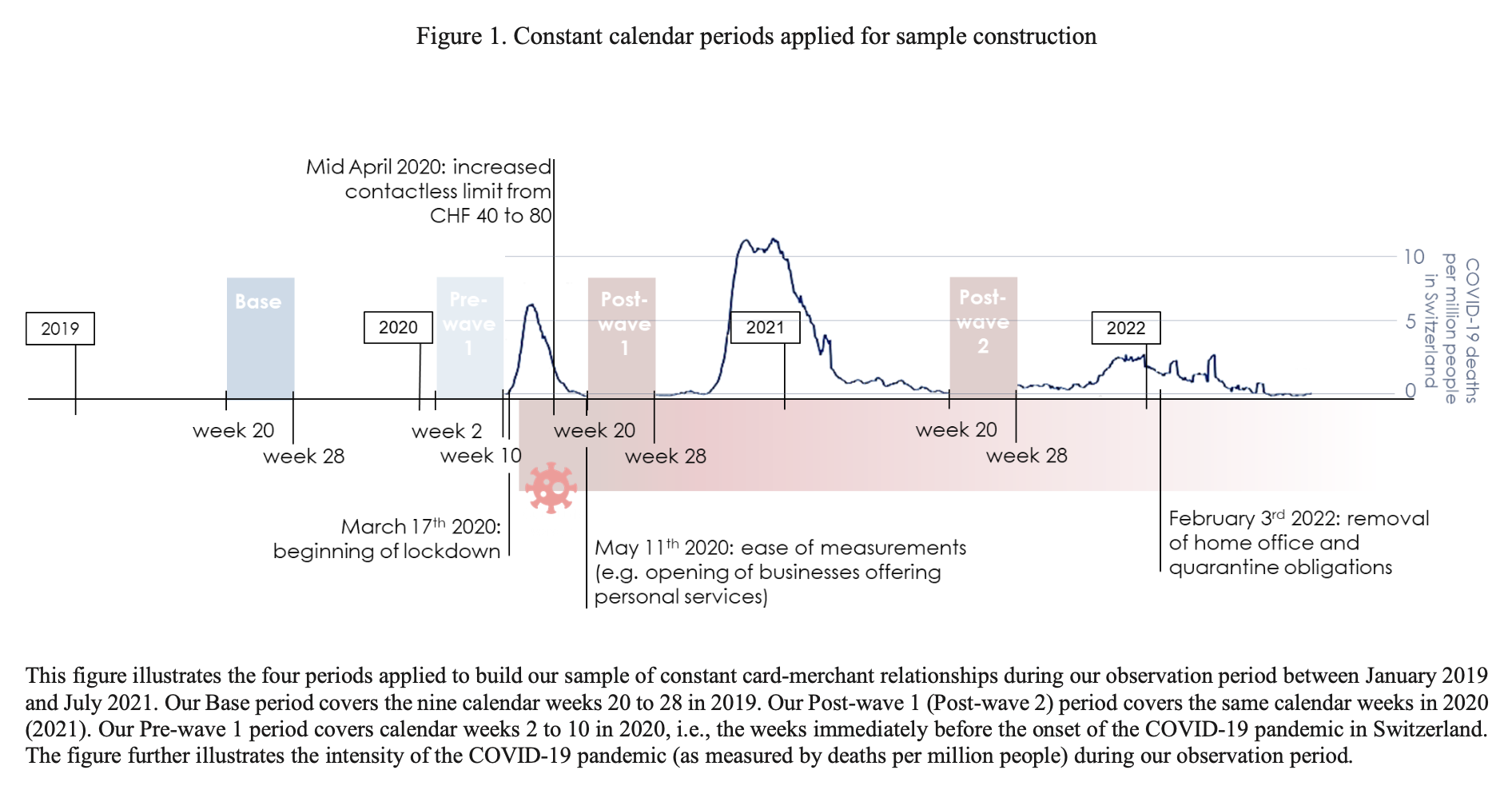


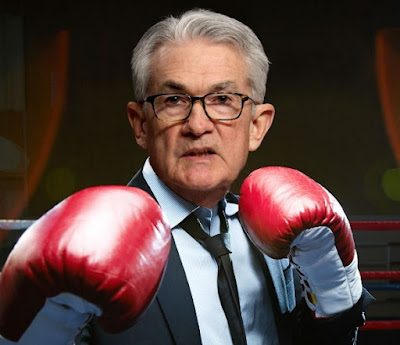



2 comments
1 ping
netmex
2012-12-15 at 01:29 (UTC 2) Link to this comment
No question about GOLD??? The Germans are asking for inspection, the Austrians know now that most of their Gold is abroad, the Chinese buy like crazy… and no question about Gold? Gimme a break!!
DorganG
2012-12-15 at 05:41 (UTC 2) Link to this comment
The Swiss press is trained not to ask questions that could put the SNB too much under pressure.The gold question has two aspects. As you say, where is it? However, this is probably too long for this meeting.
The second one, however, is more interesting: For years the SNB did not increase its gold reserves as much as fiat money, in the last quarter it switched to USD. Given that gold is strongly correlated to the franc https://snbchf.com/2012/12/arbitrage-trading-after-negative-cs-ubs-interest-rates/, why do they not buy so less gold, but rather dying currencies like the USD ?
Gold would be exactly the hedge against FX losses they are looking for.
SNB Losses 1.85 Billion Francs in Just One Day, 231 Francs per Inhabitant - SNBCHF.COM
2012-12-19 at 06:25 (UTC 2) Link to this comment
[…] be some more days when the whole country will need to work for its central bank, especially if SNB’s weak inflation expectations were beaten by reality: the producer price index has risen by more than […]